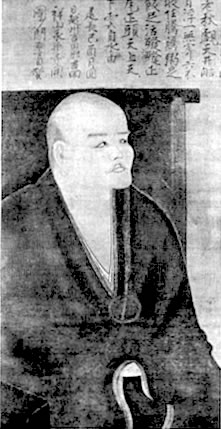What is Practice?
< Back to Dharma TalksPractice is life, however, it’s not simply living life. Most humans live life with some level of success. In other words, we grow up, take care of ourselves, get some kind of job, pay our bills and survive. These activities are largely in the realm of the intellect. In Zen practice, we begin to look at ourselves in a more essential way. In other words, not what we think, not what we might feel, but what we truly are. It’s natural, human and necessary to define what we are as our “story.” Our story describes what we’ve done, what we’ve accomplished, what we like, what we don’t like… It’s a story. If you look at your story closely and talk to people you’ve shared experiences with, you’ll notice that their story is different from yours. We forget some things, exaggerate and imagine others. It’s suspiciously arbitrary. When we meet somebody for the first time, we begin to investigate each other’s stories. It’s helpful because that’s how we relate, and how we manage things in the world. Though stories are important, they’re not our most essential being. Because of our addiction to stories, we are largely controlled by our intellect. Our thinking minds operate in a dualistic world of right and wrong, good and bad, desirable and detestable. In this world we are the “self,” we identify with the self as what we are, and our thinking is naturally self-centered.
Practice helps us begin to see beyond this view. We are much more than these stories and limited ideas of self. When we begin to touch on this, we appreciate how we are complete. It’s hard to have that feeling through the intellect, because the dualistic mind is always striving. There’s always something we need, something we want, something to acquire, remove or change. As we begin to sit on our cushions regularly, we see that we are complete. There’s nothing that needs to be added, nothing that needs to be altered or removed. This is called the “refuge” of practice. As we do this on a daily basis, we can begin to have some realization of ourselves as one with all beings, and all things. If we intensify our practice and begin to sit longer periods of time, deeper realizations and awakenings can occur.
Daily practice combined with periods of intensive practice, such as week-long retreats or even a period of residency in a monastery are a wonderful thing to do. When we begin to have deeper realizations about who we truly are, they begin to persist beyond our cushions, and infiltrate our daily lives. This is when we notice compassion rising in us. We begin to realize that all human beings are connected. It’s hard to harm ourselves, and as we realize that everything is ourselves, and we begin to take care of our earth and our fellow humans in a more empathetic and mindful manner.
